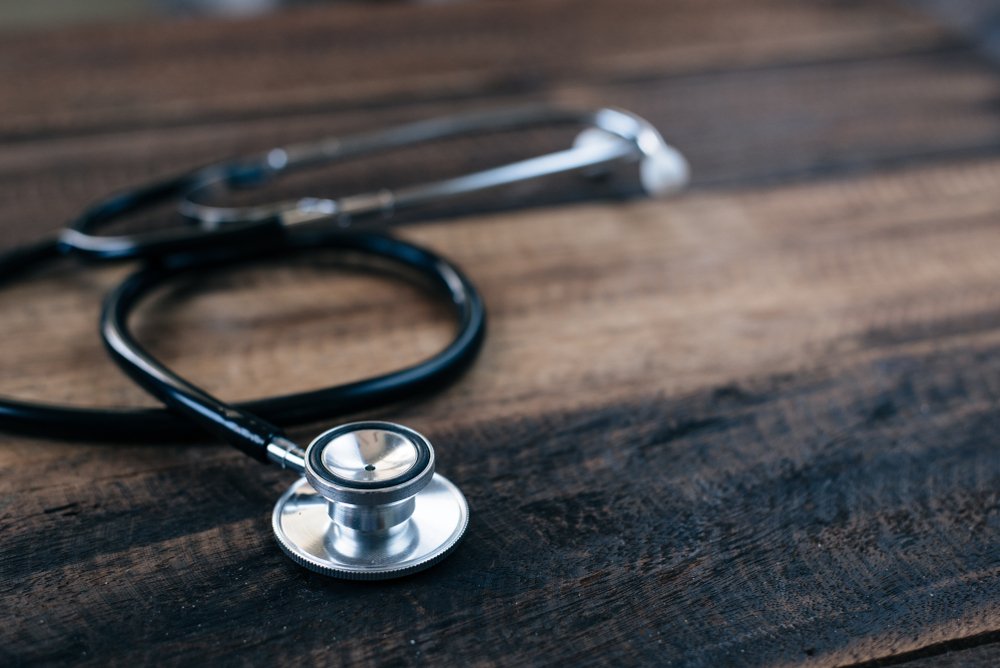
Physicians are natural caregivers. We are in-tune with the needs of our patients, often to the detriment of our own health. It is a rite of passage during medical school to stand in for lengthy eight to ten-hour surgeries, as retractor holders, keeping the surgical field clear for the surgeon. The thrill of being part of surgery makes us forget our own needs; the bleary-eyed fatigue of having woken up at 4 a.m. to be in the surgical suite, scrubbed in by 7 a.m., the hunger pangs that start at 8 a.m. due to the forgotten breakfast, the dull ache in the lower abdomen due to holding the bladder for the entirely of the surgery, and numb fingers and arms from holding the retractors in place for so long.
Prior to work hour restrictions, medical trainees were expected to work over thirty-six hours at a stretch in the hospital while on call. We would push through the fatigue with cup after cup of coffee, caffeinated soda, sugary treats, and adrenaline. The “intern fifteen” is the term for the weight gain experienced by interns during their first year. I experienced this firsthand due to the immense stress of being newly responsible for patients, along with the inhumane work hours. I also experienced GERD, chronic insomnia, and a whole host of health conditions triggered by poor lifestyle, lack of sleep, and self-care.
As I grew more confident in my skills, more settled into my job, I was able to incorporate a stable exercise and diet program into my lifestyle. The health benefits were indisputable, but more so was how good I felt after a solid seven to eight hours of sleep, healthy meals, and regular exercise. It was ironic that I would always counsel my own patients about a healthy diet and lifestyle changes but didn’t practice what I preached until much later in my career. As physicians, our health and wellbeing are just as important as the patients we treat.
My experience with recent knee surgery that left me significantly disabled for over a month brought this to my attention yet again. I was completely dependent on others for basic self-care since I was unable to get in and out of the tub/shower without help. I was only able to walk with significant pain on crutches and was completely incapable of navigating stairs. Driving was out of the question. I experienced acutely the loss of independence that my older patients feel about having to surrender their driving license. I was unable to cook, clean, and interact with family since I was fairly bed-bound and sedentary until I regained my mobility.
I learned several important lessons from this experience:
1. Learn to accept help. As physicians, we need to take care of others. It’s much harder to ask for help and equally difficult to accept help when needed and offered by others. I didn’t want to be a burden on my caregivers. It’s a phrase I have heard my patients use often, and I have always reassured them otherwise. It was much harder than I thought to be on the other side of the fence.
2. Be patient. As physicians we are trained to work till we drop. We go into work when we are sick, when our kids are sick, when we have personal and family emergencies. We work sleep-deprived; we skip meals and bathroom breaks routinely. When we are disabled and unable to work, it is a bitter pill to swallow; that our body does not want to keep pace with our mind. It’s OK to slow down and allow our bodies and even our minds a much-deserved break to heal and recover. We will be much more productive when we are well.
3. Let go of guilt. I have always been wary of burdening my colleagues with my work. When I go on vacation, I answer my patient messages via EMR. That means taking time out every day, even on vacation, away from family to tune into work. I have continued to answer my own patient messages while on FMLA. I do this because I know my patients best, and genuinely care about them. I was unable to take call and ICU shifts and felt guilty about passing that work onto colleagues. But I would do the same for them if roles were reversed, without complaint.
It is not OK to feel guilty about doing this. We are just a human as the patients we treat.
4. Financial savvy. A loss of income is inevitable when we are sick or disabled. Know what your options are, in advance, if possible. Learn about disability insurance, FMLA, workplace requirements. Plan to have a financial cushion if able for the period of disability. Live within a below your means if able. The period of disability is unsettling and unpredictable.
Rizwana Khan is a pulmonary and critical care physician and can be reached at DrKhanMDOnCall.
Image credit: Shutterstock.com
